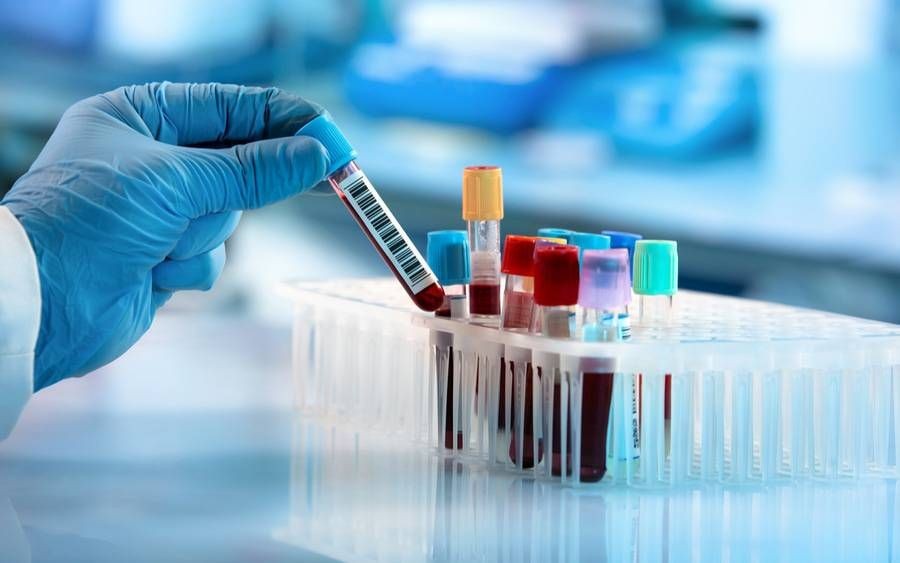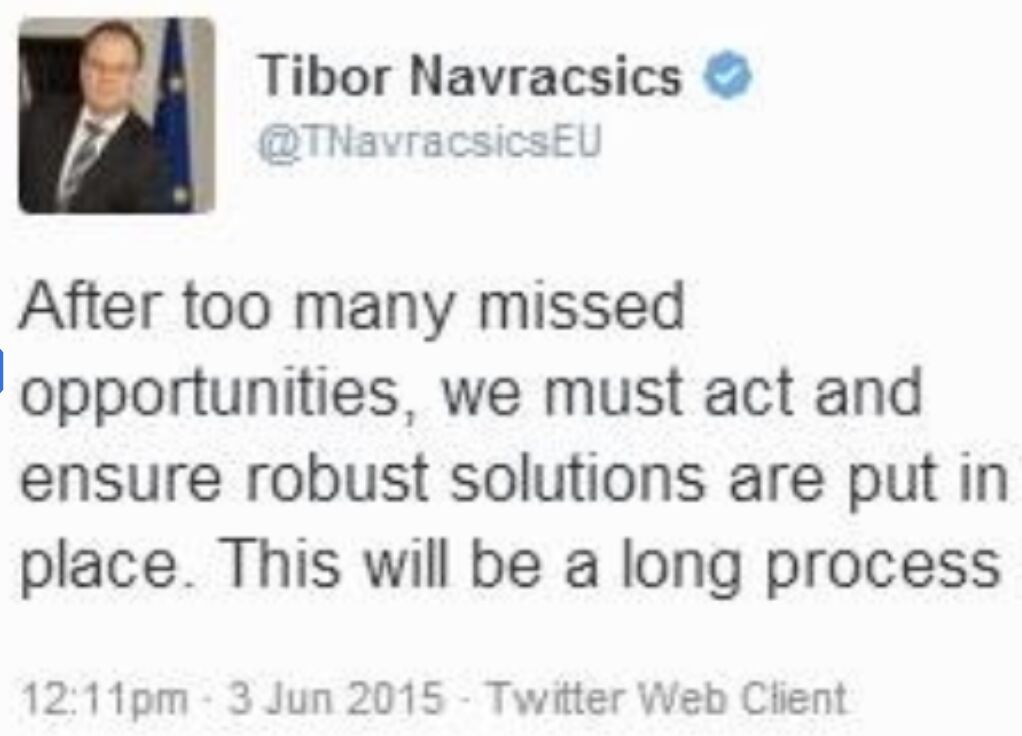Blog Post
September 27, 2025
ChatGPT vs. Hematologist: Can AI Spot What Doctors Miss in Your Bloodwork?
Can ChatGPT really analyze your blood test? I tried it — and while it’s no replacement for a doctor, it confirmed my hematologist’s insights and offered new perspectives. Here’s why AI makes sense as a second opinion, not the only opinion.
Let's schedule a 15-minute call to discuss your needs.
Get in Touch


